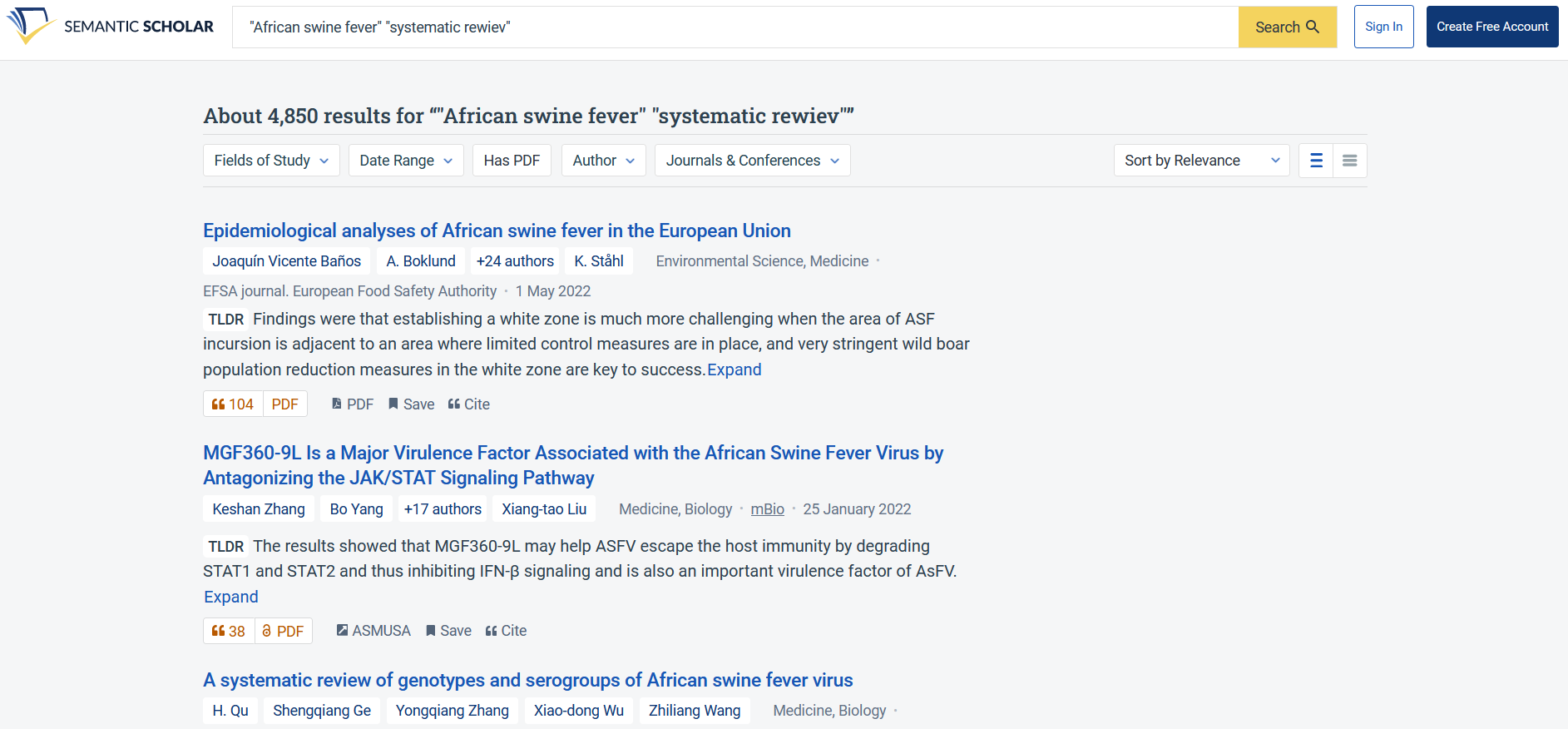Artificial intelligence (AI) is becoming increasingly important in information retrieval and many other fields. We’d like to provide you with a brief overview of selected services, including learning, literature research, mapping academic resources, and other information management tasks. We’d like to hear more suggestions and contributions to expand and enhance this collection.
The following solutions are not a substitute for critical thinking or evaluation of sources.
1) ChatGPT – https://chat.openai.com/
The generative artificial intelligence developed by OpenAI is a large language model. It functions similarly to chatbots but far exceeds the capabilities of previously used such systems. During operation, it generates possible answers to questions based primarily on “experience” derived from the large datasets used for training, with the help of mathematical (statistical) models. It does not think but works by predicting the likelihood of word sequences in a text. Previously, ChatGPT did not operate like search engines and aimed not to find the best answer but to generate multiple diverse responses. Today, some versions aim to “search” like classical major search engines, though their performance in this area remains uncertain.
It’s important to remember that AI, including ChatGPT, fundamentally:
- Does not think,
- Does not evaluate sources like a human, and
- Cannot take responsibility if harm occurs due to data or materials provided.
- The materials used for training were not curated or evaluated and included both reliable and erroneous data.
- It can exhibit bias depending on the materials used for training (e.g., in controversial topics).
- It does not apply ethical considerations as humans do.
- Do not share personal information with it.
Not recommended for:
- Directly searching scientific literature,
- Writing the text of academic papers.
Recommended for:
- Creating search queries and strategies, e.g., for PubMed, Scopus, WoS, etc.
- Idea generation,
- Text generation to be used as a basis (refer to relevant academic regulations for further guidance),
- Summarization,
- Translation,
- Code generation, e.g., creating flashcards for learning words, concepts, and active ingredients in Hungarian, English, or Latin.
ChatGPT can perform internet searches with source attribution, although this feature is often tied to subscriptions or registration.
2) Copilot – https://copilot.microsoft.com/
Copliot is a Microsoft product — an artificial intelligence assistant. It wasn’t designed for searching specialized information, and it may not perform well in that area. However, when it comes to understanding a concept or providing a general summary of a topic, along with listing the websites it used as sources, it can be pretty helpful. It is available in both the Bing search engine and Microsoft 365 (O365). It can write text, summarize documents, draft emails, generate analyses from Excel spreadsheets, and even create full PowerPoint presentations based on a few instructions.
3) Gemini – https://gemini.google.com/app
Google Gemini (formerly Bard) is Google’s AI-powered assistant that helps you quickly gather information, write and summarize texts, brainstorm ideas, or complete tasks — directly from your browser, mobile device, or integrated with your Google account.
Its advantages include:
- direct access via the Gemini web interface, or through the Google app on Android,
- integration with Google tools like Drive, Gmail, and Docs,
- real-time web search capabilities, providing up-to-date and relevant information.
It’s excellent for:
- brainstorming (e.g., articles, essays, letters),
- quickly drafting or rephrasing text,
- preparing presentations or emails,
- and answering general questions efficiently.
4) Semantic Scholar (https://www.semanticscholar.org/): An AI-based research tool developed by the Allen Institute. It is available free to everyone (without registration). Semantic Scholar covers biology, medicine, computer science, geography, business, history, economics, etc. There are over 200 million articles from partners such as PubMed, Springer Nature, Taylor & Francis, SAGE, Wiley, ACM, IEEE, arXiv, and Unpaywall.
- It helps you find relevant research.
- By analyzing citation relationships more qualitatively and understanding the context, you can discover deeper connections between publications.
- As authors, we can request email alerts on publications on topics of interest to us and articles that cite us.
e.g., “African swine fever” “systematic review.”
5) SciSpace – https://scispace.com/.
SciSpace is a platform that enables free-text search across more than 270 million scientific publications, facilitating the understanding of their content and uncovering connections between them. It helps researchers and students process scientific materials more effectively. The platform searches for answers to user-posed questions within articles and provides or highlights those where the answers are found. Users can request details about the methods used in the articles and ask questions, to which SciSpace responds based on the content of the articles.
6) ChatPDF – https://www.chatpdf.com/
ChatPDF is an AI-powered tool that allows users to upload PDF documents and ask natural language questions about their content, receiving instant answers. This is especially useful for students, researchers, and professionals who need to extract information or quickly understand complex materials.

 Magyar
Magyar
